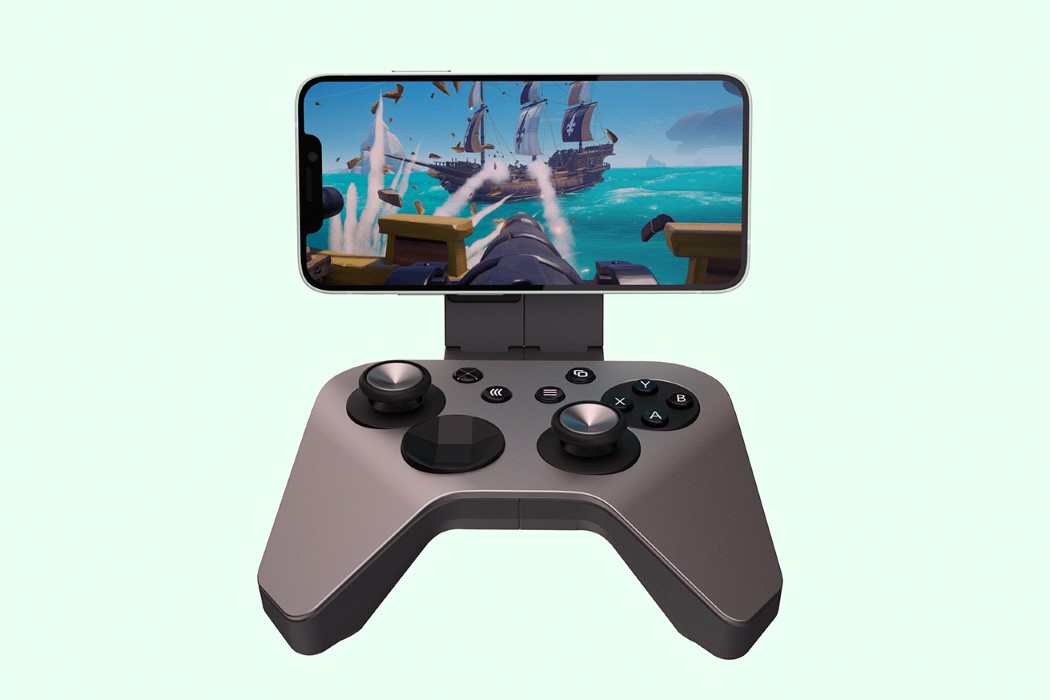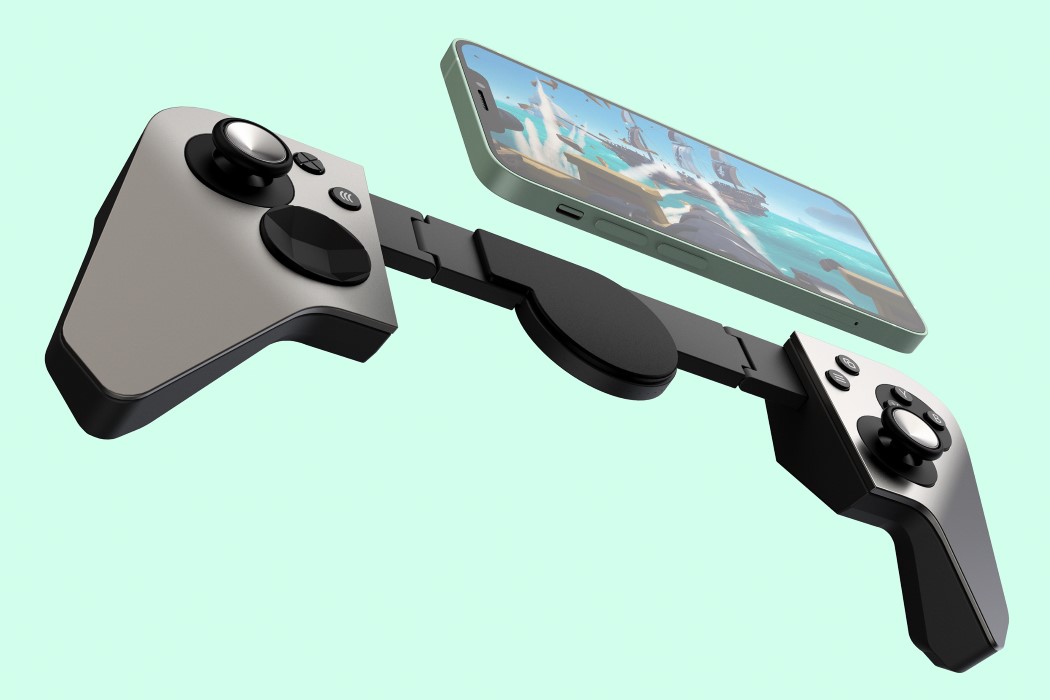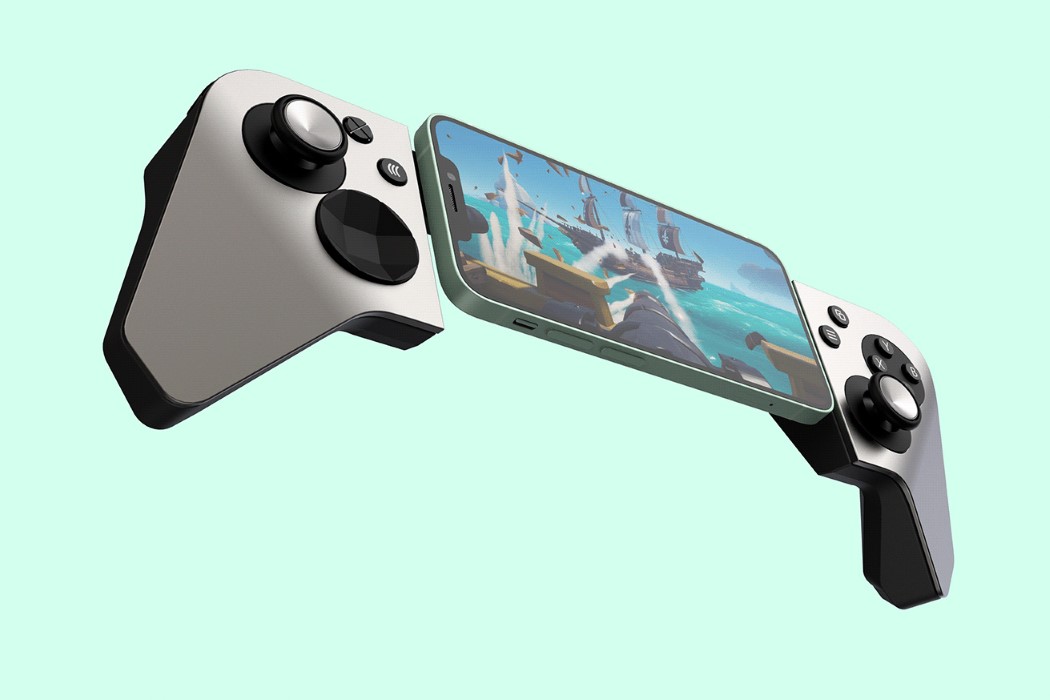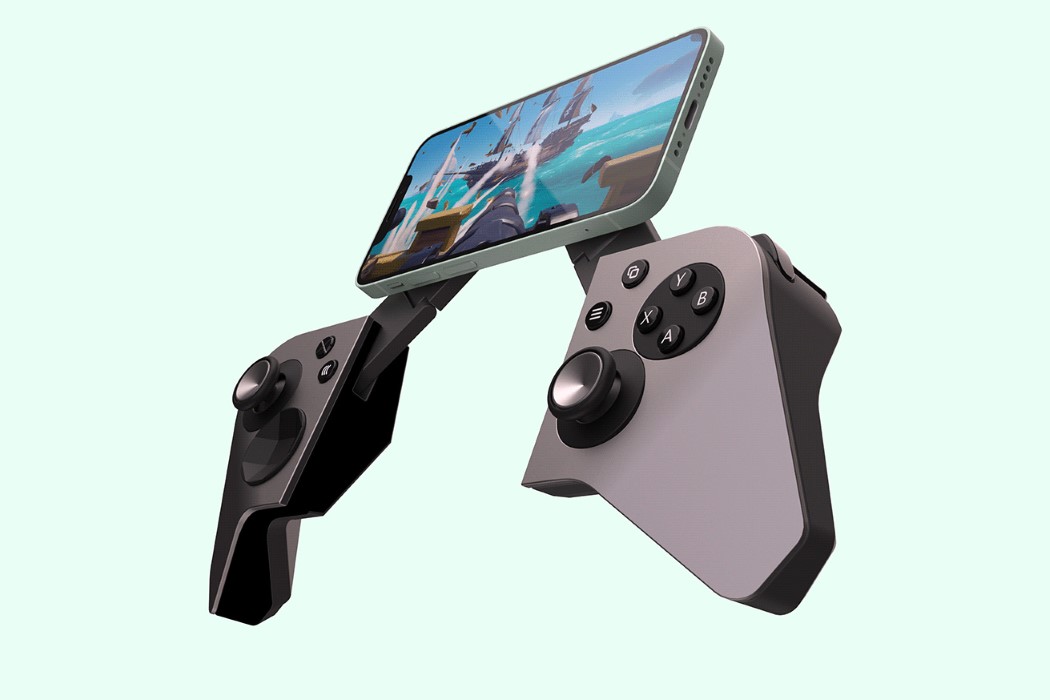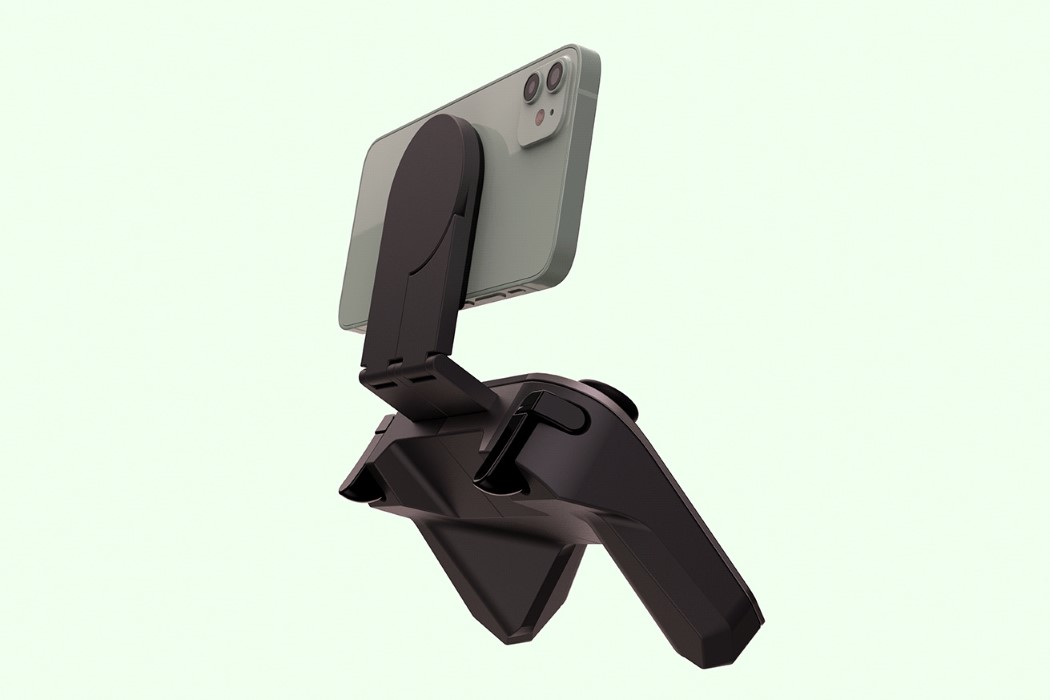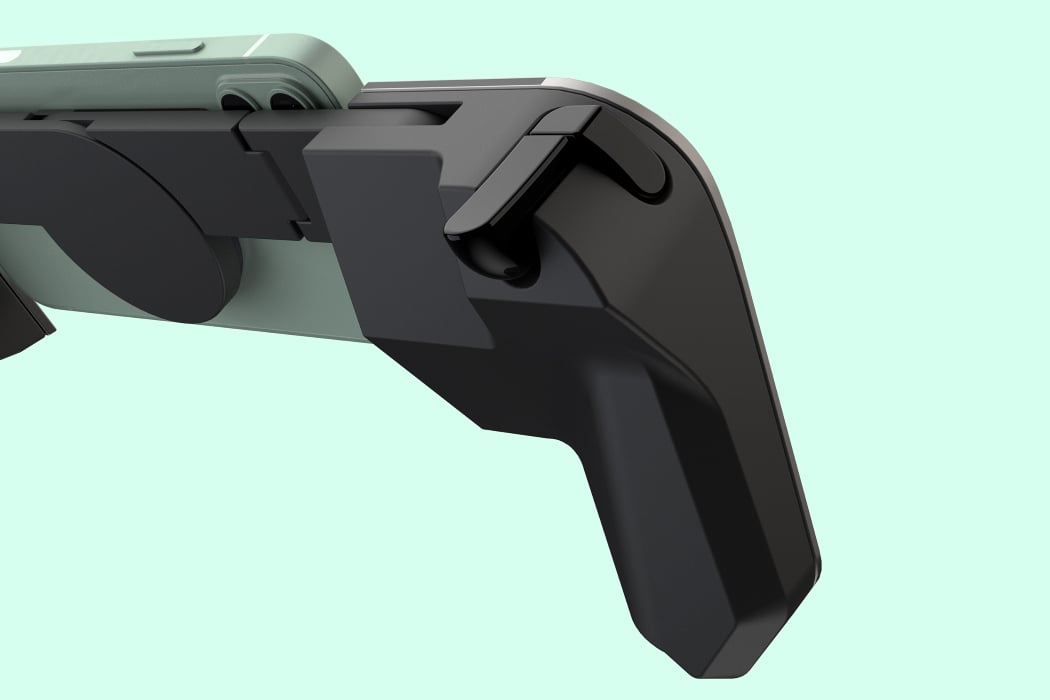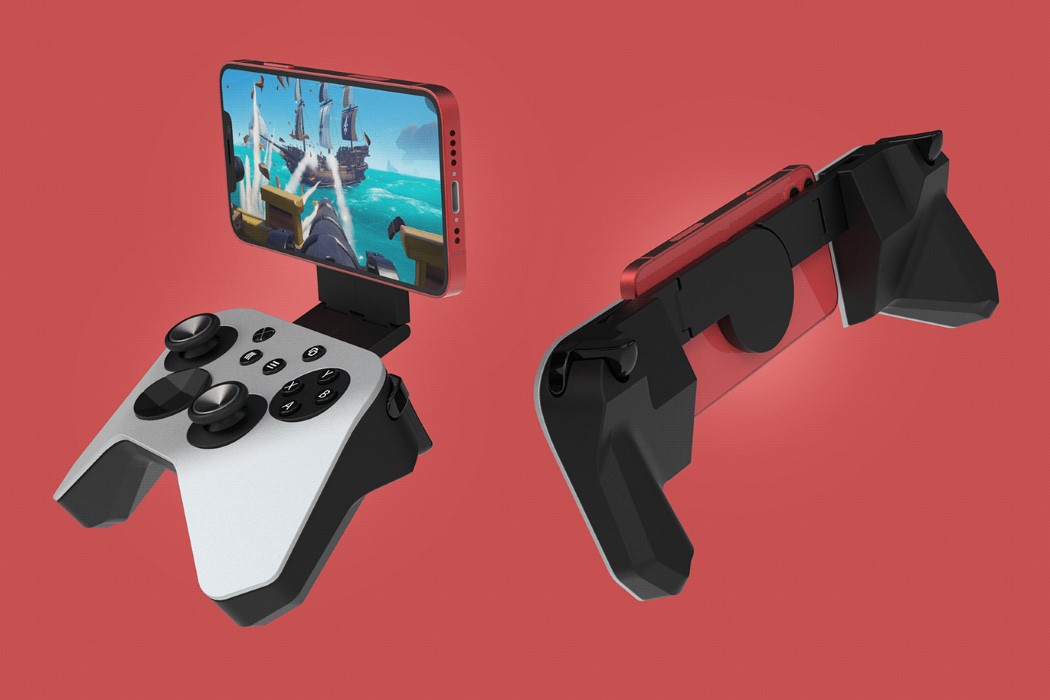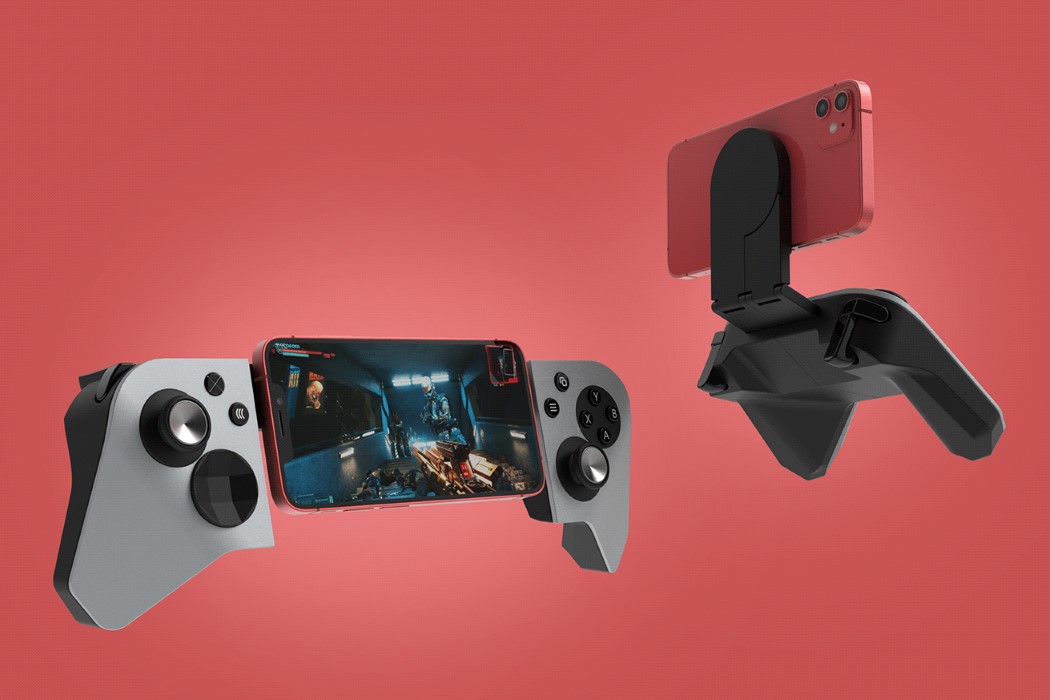
Think about it. We’ve been using Windows with large screens almost all our life. It still remains the most popular desktop/laptop OS, used by people of all ages, and even though Google’s ChromeOS and Apple’s MacOS are strong contenders, there’s a certain framework that Windows uses that’s universal. A start button and taskbar at the bottom, files and folders appearing as windows that can be minimized and maximized, and a screen that’s conducive to power-usage and multitasking. Windows is the perfect big-screen OS for small or large jobs, and for complicated work as well as basic web browsing.
When you think of folding phones, the first use case that comes to mind is multitasking… a feature that mobile OS’s haven’t really enabled well enough. I still don’t know how to use apps in split-screen in Android, and even though I sort of know my way around iOS, I rarely see myself multitasking, even on my iPad. On my laptop, it happens without me even thinking or knowing. I’ve got Chrome open, but also a folder open in the background, a notes app on my desktop, and photoshop minimized, ready to be used. The estate provided by a large screen just makes things easier, and the Windows OS really enables this in a way that’s so easy to use, it gets taken for granted.
Now when you look at Microsoft’s vision of a folding phone, like the Surface Note concept shown below (also referred to as Project Andromeda by Microsoft), you’ll instantly realize that it’s running Windows (albeit in tablet mode), rather than a mobile OS built for screens no larger than 6 inches. The OS replicates the familiar desktop experience that actually makes a large screen useful. Fold the Surface Note in half when you need a phone (the OS is still perfectly useful), and open it into its larger format to use multiple apps together. The process feels incredibly natural, given how familiar we are with the Windows OS, and the larger screen’s functionality is further extended with the presence of the Surface Stylus. The stylus is even allowed to be carried ‘inside’ the Surface by simply wedging it in like a bookmark (although I’d probably be very concerned about damaging that display). Microsoft still seems to be working on developing their super-secret folding gadget, although people HAVE discovered several patents online. Personally, this could honestly be a pretty big deal for Microsoft. Whether you like it or not, they’ve had the monopoly on large-screen operating-systems meant for power-users all along. Android and iOS may be at a genuine disadvantage here, because their OS wasn’t developed for full-featured multitasking… Windows for desktop and tablet, on the other hand, has. If they can manage to deliver on a device that allows you to carry that large-screen (and its world of functionality) in your pocket, that’s just an incredible win for the company, and the OS!
Designer: Ryan Smalley










